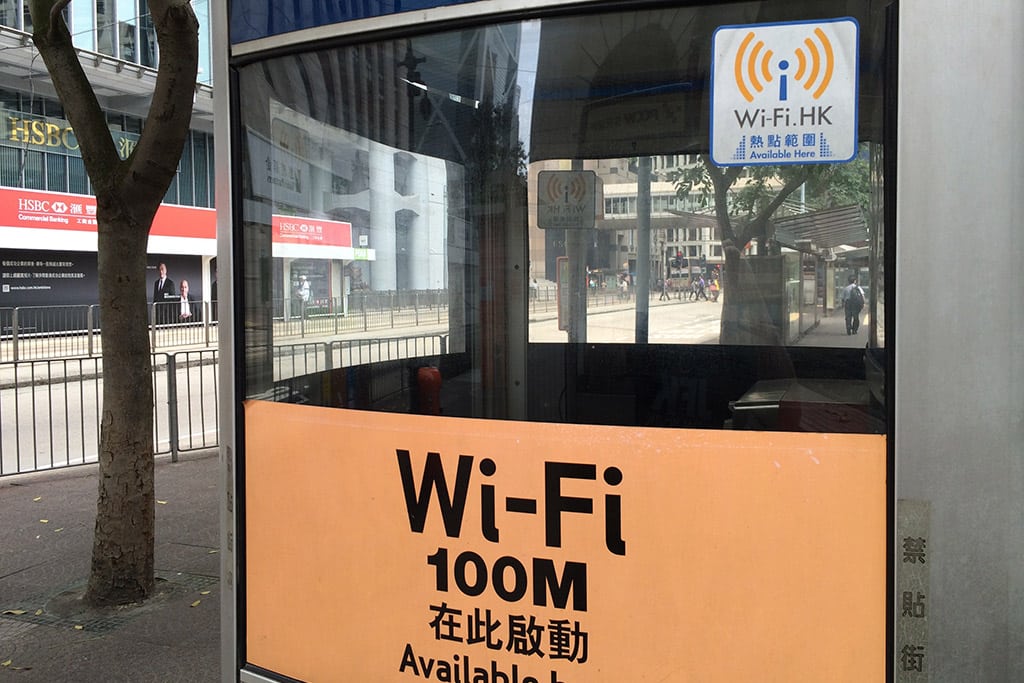Report: Corporate Travel Buyers Don't Understand What Business Travelers Want

Skift Take
More corporate travel managers should collect a wider range of data on their travelers and better negotiate contract add-ons like free Wi-Fi, according to a new report from the Global Business Travel Association (GBTA).
"The Valuable Vendor Contract Add-ons: Prioritizing + Communicating = Savings" report surveyed more than 100 travel buyers in North America, and found that business travelers are spending on the amenities they most want instead of having them included as part of their travel policy.
This represents an opportunity for travel buyers and managers to negotiate contracts that include these value-adds that are going to be purchased by the traveler anyway.
"Travel managers need to negotiate for things that are valuable to business travelers, not what is [easily] negotiable," said GBTA head of research Kate Vasiloff.
The most valuable airline add-ons for buyers were eliminated fees for itinerary changes, name change waivers, and the removal of checked bag fees for flyers. But the three were only always or often included in the final contract signed with a travel provider, respectively, 25 percent, 61 percent and 15 percent of the time.
Free Wi-Fi, last room availability and free breakfast were rated as most important on the hotel side. These were always or often included 80 percent, 70 percent and 69 percent of the time, respectively.
Free Wi-Fi, however, was rated as important by 99 percent of respondents.
So why aren't travel buyers inking contacts that provide these amenities?
According to Vasiloff, making better buying decisions based on the data collected from travelers could help bridge this gap. Only one in five travelers actually act with travel policy compliance.
"[Travel managers] aren't collecting data," said Vasiloff. "There is a savings opportunity there for buyers that could better go to their clients."
Finally, the research found that industry consolidation is seen as a good thing by travel buyers; 41 percent surveyed said consolidation has had a positive impact on their business, compared to 34 percent on the negative side.




